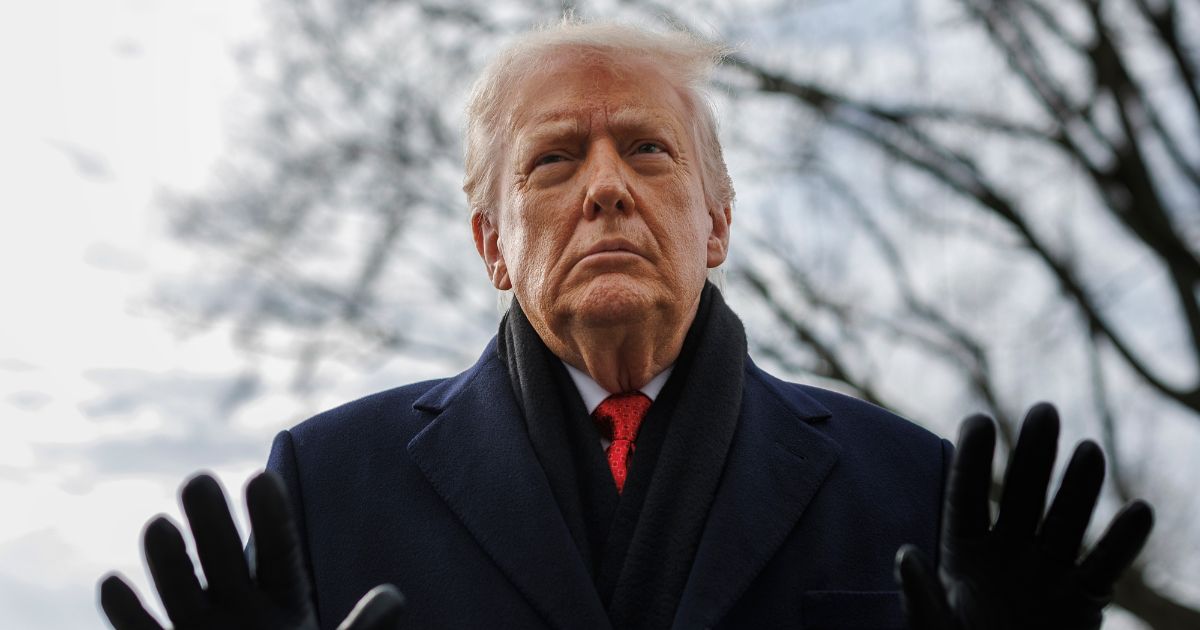Ohio’s minimum wage rises as inflation rises
The article reports that Ohio’s minimum wage is increasing by 30 cents to $11 per hour starting January 1, 2025, in response to rising inflation. This raise applies to non-tipped workers employed by businesses wiht annual gross receipts exceeding 5,000 (up from $394,000). For tipped workers, the minimum wage will rise to $5.50 per hour. Smaller businesses that do not meet the revenue threshold will continue to follow the federal minimum wage of $7.25.
The increase follows a 2.8% rise in the Consumer Price index between september 2024 and August 2025. Ohio voters approved a constitutional amendment in 2006 that automatically links minimum wage adjustments to inflation,resulting in 18 increases as then. The largest inflation-based increase was in 2023, at 8.7%. Steve Stivers, CEO of the Ohio Chamber of Commerce, supports this indexing approach, stating it offers predictability for workers and employers and avoids sudden, large wage hikes that could harm small businesses and job growth.
A recent citizen-led initiative to raise Ohio’s minimum wage to $15 by 2026 did not gather enough signatures to qualify for the ballot.
Ohio’s minimum wage rises as inflation rises
(The Center Square) – Growing inflation over the past year means a raise for minimum wage workers in Ohio.
The 30-cent hike to $11 an hour takes effect Jan. 1 and applies to nontipped workers in businesses with annual gross receipts of more than $405,000. The receipt threshold grew from $394,000.
The wage for tipped workers will move to $5.50 per hour. Businesses that do not meet the receipt threshold work under the current federal minimum wage of $7.25.
The increase comes after the Consumer Price Index rose 2.8% from Sept. 1, 2024, to Aug. 31, 2025.
Ohio voters approved a constitutional amendment in 2006 that tied the state’s minimum wage to inflation. It has increased 18 times since then, with the largest inflation-based increase occurring in 2023 at 8.7%. That took workers from $9.30 an hour to $10.10.
Steve Stivers, president and CEO of the Ohio Chamber of Commerce, told The Center Square that tying the wage to inflation works best for employers and employees, rather than massive spikes in compensation directed by legislation or voters.
LIVE UPDATES: CONGRESSIONAL STALEMATE CAUSES GOVERNMENT SHUTDOWN
“Ohio’s minimum wage is already indexed to inflation, and this 2.8% increase is exactly how the system is designed to work,” Stivers said. “Each year, the rate adjusts to keep pace with rising costs, which provides predictability for both workers and employers. We believe this is the responsible way to handle minimum wage increases, rather than arbitrary jumps to a set number that could hurt small businesses and job growth across the state.”
Last year, a citizen-led effort to propose a constitutional amendment to raise the minimum wage to $15 an hour by 2026 failed to gather enough signatures to reach the ballot.
" Conservative News Daily does not always share or support the views and opinions expressed here; they are just those of the writer."




